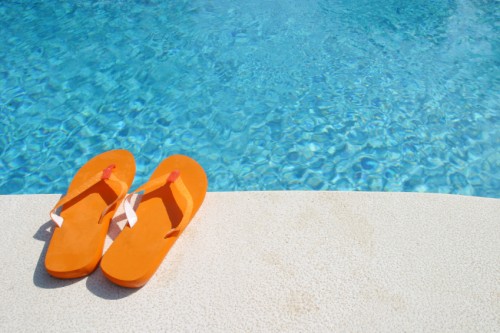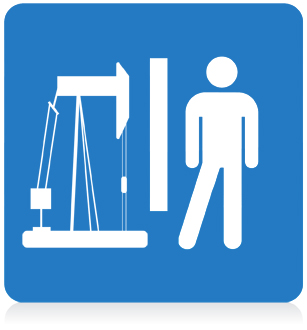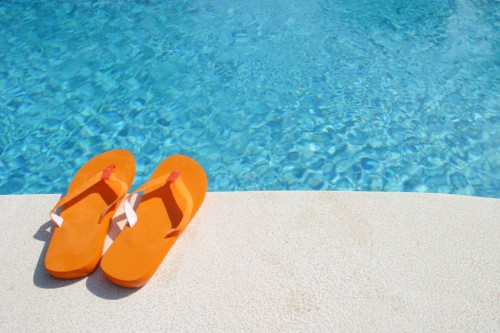Send your question to Umbra!
Q. Dear Umbra,
With all the rain we’ve had this year, the pool water doesn’t get a chance to warm up in between rainstorms. We are trying to design a passive heating system. We’ve thought about flexible one-inch black hose (if we can find it) attached to the filter and laid out around the pool, but are there any solar energy systems already out there that we could use?
Jerri
Waterbury
A. Dearest Jerri,
Why yes there are, and they are quite similar to your recent black hose invention.
Whether they will have any effect on the heat of your pool when there is no sun to collect is research I will leave to you.
 What a dive.Before looking too far in to buying a passive solar heating system for your pool, you should certainly buy a simple blue polypro or polyethylene “solar pool cover” if you don’t already have one. These look like blue bubble wrap, and lie atop the pool when it is not in use. They stop evaporative loss of any existing warmth in the pool, and help capture any solar energy that might hit during random sunny moments. A cover should help keep your pool about 5 to 10 degrees warmer.
What a dive.Before looking too far in to buying a passive solar heating system for your pool, you should certainly buy a simple blue polypro or polyethylene “solar pool cover” if you don’t already have one. These look like blue bubble wrap, and lie atop the pool when it is not in use. They stop evaporative loss of any existing warmth in the pool, and help capture any solar energy that might hit during random sunny moments. A cover should help keep your pool about 5 to 10 degrees warmer.
The commercial solar pool collectors use the pool’s pump to circulate water through a series of … black plastic hoses. The hoses are oft laid out atop a black plastic bed. The two immediate drawbacks I could see are the amount of space needed for adequate hose footage to heat a pool-sized amount of water, and the accompanying aesthetic concerns. To quote today’s expert website, the Florida Solar Energy Center, “The collector area is usually about the same size as the pool surface area in northern Florida.” It’s a bit of a stretch, but perhaps whichever Waterbury you are in (states, people, please!) can be thought of as a far northern Florida. Ergo you will need quite a bit of space.
Commercial solar pool heaters can be a money-saver over time if they replace another type of heater in the pool, such as propane. In your case, you would be fixing a hopefully temporary problem with what we might call new infrastructure.
The Florida Solar Energy Center gives a very thorough overview of the various aspects of pool heater design, offers vendors, and is generally helpful. You will, as mentioned, have to do some of your own adjusting on the estimates of size and BTUs needed for the Waterbury area. If it doesn’t seem worth it to invest in a commercial heater, I’m sure the various do-it-yourselfers on the internet have some ideas to offer you.
Warmly,
Umbra



